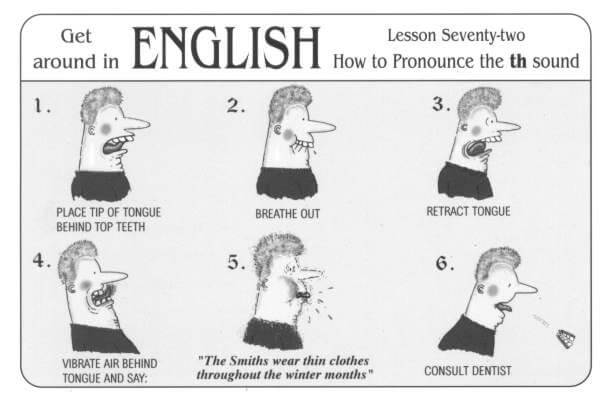Profanity Filter: Build vs. Buy

- By Kelly Strain
- CleanSpeak, Business, Strategies, Products
- August 18, 2016
The “build vs buy” decision is paramount when discussing a company’s software needs. Building custom software solutions can provide a host of benefits, but it often comes at a cost. An intelligent profanity filtering and moderation platform is a significant investment; building a comprehensive profanity filter could involve years of development time accruing significant costs. Consider the following factors when deciding whether to purchase an existing profanity filtering technology or build it internally:
Build
When building a proprietary software you retain control of all aspects of product design, allowing you to create a customized solution to best fit your company needs.
- Control enhancements and development schedule
- Avoid the costs associated with software license fees – and in some cases maintenance and support fees
- Fully customize to fit your project scope and needs
It is important to remember that by building your own profanity filter you assume the risk if it fails.
The talented team at AOL implemented an internal profanity filter and was embarrassed by the now infamous Scunthorpe Problem. Years later, the Google filter and Facebook were stumped by the same issue. Learn more here. These filter issues produced scores of false-positives which required significant man-hours in moderation support to address.
Buy
When you purchase such a solution you get the benefit of a professionally developed and vetted technology with years of market use and added intelligence.
- Offloading filtering and moderation allows you to focus resources on core product features – essential to the long-term health of your business
- The software has been used and trusted by well-known brands with strict quality requirements
- Consistent product upgrades and new features
- Complete product support and software maintenance. When bugs or errors are discovered, you can rely on the vendor to troubleshoot and fix them rather than exhaust internal resources
- Quick deployment time
- You have a technology partner who is focused on helping you succeed and providing a better user experience
Takeaway
Building a filter requires extensive knowledge of natural language processing and language rules. A filter that fails to understand complex language produces misses and false positives can be damaging to a brand. Get peace of mind with a proven solution.
It is easy to overlook the cost and time involved in developing a new technology as complex as a profanity filter. A homegrown solution requires costly development time and ongoing maintenance, moderation and support. In contrast, a purchased solution can be integrated and running in just days; it provides continual upgrades based on market insights and advancements.
Profanity Filter Solutions
There are a range of profanity filtering solutions available on the market. Here are some of the reasons teams choose CleanSpeak.
Minimized False Positives. We have been working on our filtering technology for 9 years and continue to improve on it each year. We solve the Scunthorpe problem, handle all leet speak and automatically build inflections. In addition, we parse and filter BBCode markup language.
Superior Speed. Response times for our profanity filter average under 5 milliseconds allowing significant throughput to support requests at peak volume without hindering user experience.
Cloud or On-Premise. CleanSpeak has flexible hosting options to best suit your InfoSec needs.
Free. Test out CleanSpeak with a free 14-day trial. No credit card required.
We have a dedicated team of developers whose number one goal is to maintain the most accurate and efficient profanity filter on the market. Using CleanSpeak lets you devote more time to building your application, rather than your own filter.
More information about CleanSpeak can be found on the Inversoft website. Don't hesitate to contact us with any questions you might have.
Continue reading






